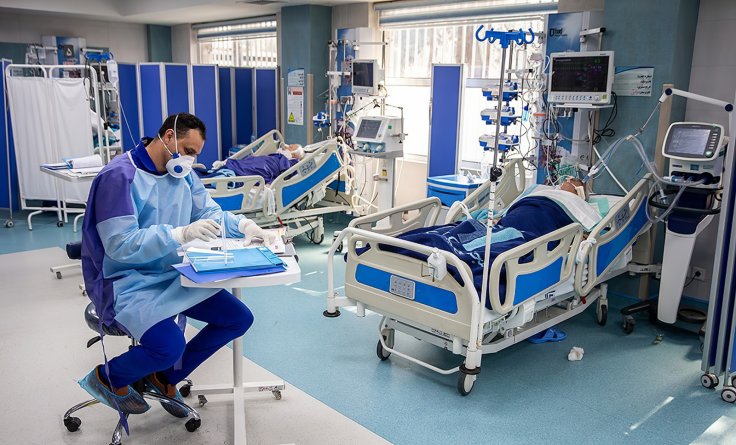Patients with acute respiratory distress syndrome (ARDS), a symptom of COVID-19, received a stem cell therapy which resulted in an 83 percent survival rate in ventilator-dependent coronavirus patients with moderate to severe ARDS
The drugs given were two intravenous infusions of the experimental 'allogeneic mesenchymal stem cell' candidate Ryoncil (remestemcel-L) by Mesoblast Limited based in Australia and the United States. Ryoncil, under a priority review by the FDA, is also under development for other rare diseases and inflammatory conditions, according to the company's release.
FDA approved for compassionate use

The company had previously announced that the drug received clearance from the US Food and Drug Administration (FDA) earlier this month as an Investigational New Drug (IND) to treat those with ARDS caused by novel coronavirus infection under expanded access compassionate use and also in a planned randomized controlled trial.
Among the 12 patients, nine were off ventilators within 10 days. There was 83 percent survival rate. Seven patients were already discharged. However, all the patients also received other experimental therapies before receiving the stem cell one, at New York City's Mt Sinai hospital.
Once ventilated after facing acute respiratory distress syndrome, the likelihood of coming off the ventilator is nine percent, while the survival rate is 12 percent, said Mesoblast CEO Silviu Itescu to BioWorld. The company would complete the phase II/III trials which are randomized placebo-controlled ones to confirm the efficiency of remestemcel-L
Counters the inflammatory cytokines
The drug focuses on rare adult stem cells called MLC's that responds to signals that are linked to tissue damage, and secrete molecules promoting tissue repair and also modulates immune responses. The drug is believed to counter the inflammatory processes by decreasing the production of pro-inflammatory cytokines while increasing the production of anti-inflammatory cytokines that stops the inflammations caused by the coronavirus.
This comes at a time when hydroxychloroquine, the most hopefully talked about drug failed in tests. Even Gilead's remdesivir, which even the WHO upheld, failed in the first randomized controlled trial. It is to be seen how stem cell therapy works out.









